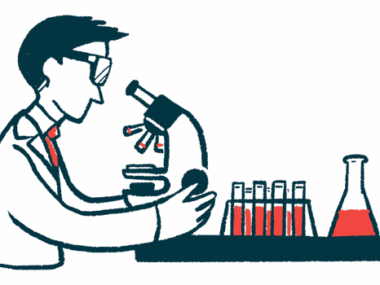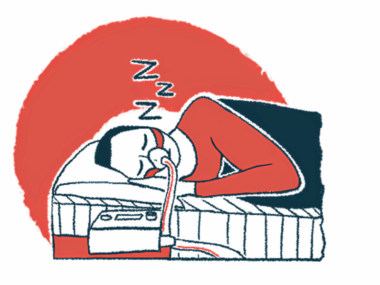CSTI-500 earns FDA’s rare pediatric disease designation for PWS
Oral therapy aims to treat excessive hunger and severe temper outbursts
Written by |

The U.S. Food and Drug Administration (FDA) has granted rare pediatric disease designation to CSTI-500, Consynance Therapeutics’ oral treatment candidate for children and adolescents with Prader-Willi syndrome (PWS).
That status is given to experimental therapies with the potential to provide clinically meaningful benefits to patients, primarily those younger than age 18, with serious or life-threatening diseases affecting fewer than 200,000 people in the U.S.
It’s intended to encourage pharmaceutical companies to develop treatments for rare pediatric diseases that might not be profitable otherwise. Should the FDA approve CSTI-500, Consynance may qualify for a voucher redeemable for priority review of a subsequent application for a different product. Priority review status shortens the agency’s review from a standard 10 months to about six months, potentially getting a therapy to market sooner.
“CSTI-500 stands out as the first drug candidate for PWS designed to address both hyperphagia [excessive hunger] and severe temper outbursts, providing a potential breakthrough and comprehensive treatment solution for this challenging disorder,” Shuang Liu, PhD, founder and CEO of Consynance, said in a company press release.
“Receiving [rare pediatric disease status] from the FDA is a significant regulatory milestone for Consynance as we prepare for the Phase 2 study of CSTI-500 for PWS,” Liu added.
The upcoming Phase 2 clinical trial is expected to start in 2025, according to the company.
Rare pediatric disease designation may provide priority review voucher
PWS is a rare neurodevelopmental disorder marked by a wide range of symptoms, including learning difficulties, sleep problems, and behavioral abnormalities such as temper tantrums. One key feature of the condition is hyperphagia, or an excessive and insatiable appetite.
Research has previously suggested that people with PWS have reduced brain levels of serotonin, dopamine, and norepinephrine — three neurotransmitters that are important in the regulation of sleep, behavior, and mood.
Neurotransmitters are chemical molecules released by nerve cells to communicate with each other. These cells can either boost the release of neurotransmitters to increase the strength of their transmitting signal, or reuptake the neurotransmitters back to reduce the signal’s strength.
CSTI-500 is a first-in-class triple monoamine uptake inhibitor, or a molecule that blocks the reuptake of serotonin, dopamine, and norepinephrine. As such, the therapy is expected to help increase the levels of these neurotransmitters, ultimately easing hyperphagia and temper outbursts. These are considered some of the most debilitating symptoms of PWS.
To date, the experimental therapy has been tested in about 90 healthy volunteers across two Phase 1 trials, and in 10 PWS patients in a Phase 1 study (NCT05504395). The study in patients evaluated a newly developed capsule formulation containing 10 mg of the medication.
The therapy was shown to effectively reach the brain and to be generally safe and well tolerated, with no reports of severe side effects. The new formulation also was found to have a similar pharmacokinetic profile to the older formulation tested in healthy volunteers. Pharmacokinetics is a medication’s movement into, through, and out of the body.






